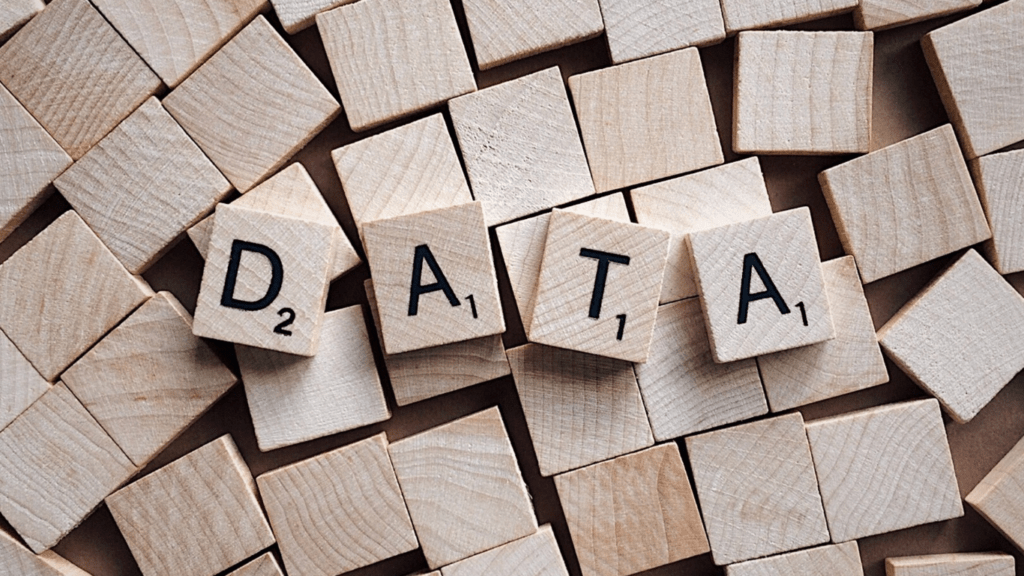Overview of Blockchain Technology
Blockchain technology, often associated with cryptocurrencies, serves as a decentralized ledger. It records transactions across multiple computers so they can’t be altered retroactively without the alteration of all subsequent blocks. Each block contains transaction data, a timestamp, and a cryptographic hash of the previous block, which links them together.
In finance, blockchain eliminates intermediaries, reducing transaction costs and increasing speed. Smart contracts, self-executing contracts with terms directly written into code, operate on blockchain, enabling automated and transparent agreements without third parties.
Supply chains benefit from blockchain by tracking products from origin to consumer. For example, Walmart uses blockchain to monitor the journey of produce, ensuring transparency and trust in food safety.
Healthcare applications include secure patient data sharing among providers. Institutions like Mayo Clinic use blockchain to ensure patient records are accurate, up-to-date, and accessible only to authorized personnel, preserving patient privacy and data integrity.
In voting systems, blockchain ensures secure, transparent, and tamper-proof elections. For instance, West Virginia tested blockchain-based mobile voting for overseas military personnel, enhancing accessibility and trust in the electoral process.
Blockchain’s inherent security, transparency, and immutability drive its adoption across diverse sectors.
Financial Services
Blockchain technology greatly impacts financial services by enhancing security, efficiency and transparency.
Cryptocurrencies
Cryptocurrencies, such as Bitcoin and Ethereum, utilize blockchain to operate as decentralized digital currencies. Each transaction gets recorded on a public ledger, ensuring transparency and reducing fraud. By eliminating the need for central banks, cryptocurrencies offer lower transaction fees and faster processing times.
Smart Contracts
Smart contracts are self-executing agreements with terms directly written into code. These contracts operate on blockchain, ensuring tamper-proof and automated execution. In finance, smart contracts streamline processes like:
- loan agreements
- insurance claims
- securities trading
- reducing the need for intermediaries
Cross-Border Payments
Cross-border payments benefit from blockchain by enabling faster and more cost-effective transactions. Traditional methods can take days and involve high fees. Blockchain reduces processing times to minutes, lowers costs and minimizes errors. Companies like Ripple use blockchain to facilitate instant global payments across financial institutions.
Supply Chain Management
Blockchain transforms supply chain management by fostering transparency and enhancing traceability. The technology ensures all participants can view and verify transactions, which reduces inefficiencies and disputes.
Transparency and Traceability
Blockchain introduces transparency and traceability into supply chains by recording each transaction on an immutable ledger. This permanent record allows stakeholders to track materials and products from origin to destination, reducing the risk of errors and fraud.
For instance, companies like Walmart use blockchain to trace food products, ensuring safety and quality from farm to shelf. The system identifies sources of contamination quickly, which enhances food safety and reduces recall times.
Fraud Prevention
Blockchain in supply chains mitigates fraud by maintaining a tamper-proof transaction record. Each transaction is verifiable, making unauthorized alterations impossible without detection.
This secure approach safeguards against counterfeit goods and unauthorized substitutions. For example, diamond supply chains leverage blockchain to certify authenticity, preventing the circulation of conflict diamonds. This trustworthiness fosters stronger relationships between consumers and suppliers.
Healthcare
Blockchain has profound implications in healthcare, enhancing security and efficiency in various operations. Here’s how it’s being applied:
Patient Data Management

Blockchain offers a secure framework for managing patient data. Medical records are stored on decentralized ledgers, ensuring only authorized personnel can access the information.
For example, when a patient visits multiple healthcare providers, blockchain ensures seamless data sharing without compromising security. This reduces redundancies, avoids errors, and ensures continuity in patient care. With cryptographic hashes, patients control who sees their health records, enhancing privacy.
Drug Traceability
Blockchain improves drug traceability from manufacturing to distribution. Each transaction in the drug supply chain is recorded on an immutable ledger. Pharmaceutical companies can track drugs at each stage, ensuring authenticity and preventing counterfeits.
For instance, IBM and Merck are collaborating on a blockchain solution to enhance drug traceability, ensuring compliance with regulatory standards. This transparency helps avoid the propagation of fake drugs, safeguarding public health.
Real Estate
Blockchain technology revolutionizes the real estate industry through enhanced security, transparency, and efficiency. It simplifies property transactions and modernizes land registry systems.
Property Transactions
- Blockchain drives efficiencies in property transactions. Smart contracts automate agreements and reduce the need for intermediaries such as brokers and lawyers. These contracts execute automatically when predefined conditions are met, cutting transaction times and lowering costs.
- Platforms like Propy utilize blockchain to streamline property sales.
- Propy records each step of the transaction on the blockchain, ensuring transparency. This immutability prevents fraud, as each party can verify the transaction history.
- Title deeds benefit from blockchain’s security features. Recording deeds on a blockchain reduces errors and possibilities for dispute.
- Property owners have a secure, verifiable record of ownership, promoting trust among buyers and sellers.
Land Registry
Blockchain enhances land registry systems by providing a tamper-proof record of property ownership. Governments and organizations utilize this technology to ensure legal clarity and prevent land disputes.
Countries like Georgia and Sweden use blockchain for land registries. These systems record property transactions on a decentralized ledger, making updates instantly visible and verifiable. This transparency helps combat corruption and inefficiency in traditional land registry processes.
Digital ledger systems streamline registry updates. Any changes in property ownership or status are recorded on the blockchain, ensuring that records are always up-to-date. This prevents potential conflicts and enhances the integrity of property records.
Voting Systems
Blockchain technology is transforming voting systems by enhancing security, transparency, and efficiency. Let’s explore the specific ways blockchain achieves this.
Ensuring Transparency
Blockchain in voting systems ensures transparency by providing an immutable public ledger of votes. This ledger allows real-time verification without revealing voter identities.
For example, each vote gets recorded on the blockchain, ensuring that anyone can audit the results at any time. Blockchain also eliminates the possibility of votes being counted twice or altered post-submission.
Reducing Fraud
Reducing fraud in voting systems is another critical benefit of blockchain. By implementing cryptographic security measures, blockchain prevents unauthorized voting and vote tampering. Each voter receives a unique token that can only be used once, creating a secure voting process.
Estonia’s i-voting platform uses blockchain to ensure that online votes are tamper-proof and verifiable. Blockchain’s decentralized nature makes hacking the system extremely difficult, thereby maintaining the integrity of election results.



 Chief Content Strategist & Unique Author
Paulo Okellyansy is the Chief Content Strategist responsible for curating and managing the platform’s editorial direction. With an in-depth knowledge of cryptocurrency markets and digital finance, Paulo crafts engaging, informative content that resonates with both newcomers and seasoned crypto enthusiasts. His ability to simplify complex topics and identify emerging trends has helped position the website as a go-to resource for cryptocurrency insights.
Chief Content Strategist & Unique Author
Paulo Okellyansy is the Chief Content Strategist responsible for curating and managing the platform’s editorial direction. With an in-depth knowledge of cryptocurrency markets and digital finance, Paulo crafts engaging, informative content that resonates with both newcomers and seasoned crypto enthusiasts. His ability to simplify complex topics and identify emerging trends has helped position the website as a go-to resource for cryptocurrency insights.
